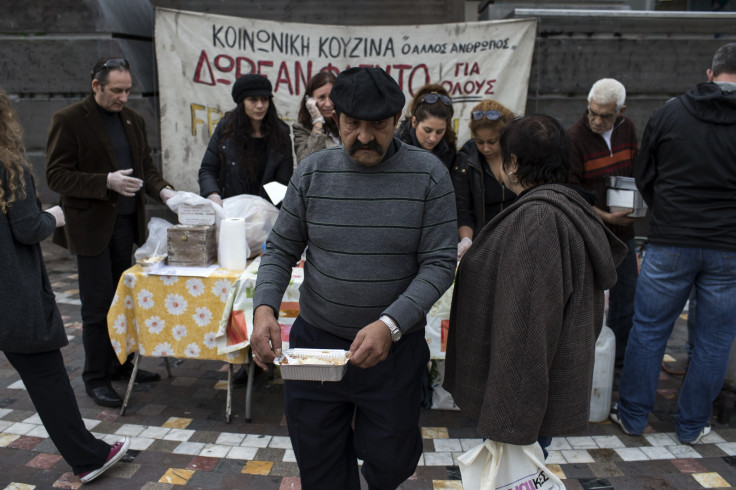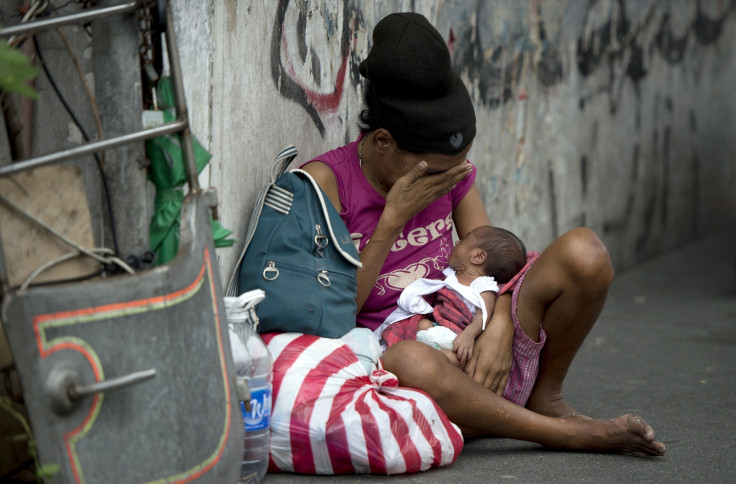Bangalore Blogger: Modern education system teaches how to prosper in a dog-eats-dog world

The tide may be turning with the voting in of a leftist government in Europe, righting some of the extreme imbalances brought on by austerity, that now sees one third of the population unemployed, with most of the remainder living a precarious economic existence.
But resolving the current crisis is only a plaster covering a far deeper wound. The problems of Greece and Europe, and the West, which have infected systems well beyond their borders, have to be tackled with some far-reaching medicine - necessarily more than can be achieved by short-term negotiations with European finance ministers.
If I was to give the new Greek government some advice, I would say: look deeper, look beyond the obvious.
You reap what you sow, as the saying goes, and for the past few decades, we've sowed generations of greedy, narrow-minded, selfish oligarchs. Not the oligarchs that were deposed of pre-war, but newer, subtler, smarter ones.
Modern oligarchs wield capital as our prison, with an adept ability to make us believe, not that we're enslaved by physical shackles but rather that we'll be enslaved if we don't keep hanging onto their purse strings.
The oligarchs are the corporate leaders sitting aloft their mountaintops of Davos, donning their Cartier watches and £300 Hermes underwear, lecturing everyone else who hasn't been clever enough to achieve what they have, if only we had listened.
Cutt-throat education doctrine to blame
And where have they learned this behaviour? Look no further than the modern education system, designed to teach us to "compete" – with individuals, other professions and other countries. It teaches us how to narrowly protect our own interests through exams, rote memorising, and how to prosper in a dog-eats-dog world.

Such people queued up in Davos over the past week, to talk about how they need to ensure the education system teaches people how to "innovate or die"; urging more investment in executive education, MBAs, and finance.
Forget any of the lip service you hear from the odd red neo-con about creating a 'caring, sharing' economy (Big Society anyone?).
No, we still seem to want a 'screw it and screw you' economy, whatever has transpired in the past few years.
But earning shed loads of money through cut-throat competition won't help you cope with scarce resources unless you're wielding a gun behind a 20 foot wall, and living in fear, hoarding your water, fending off the poor: practically where Greece was heading.
This style of education has prospered around the world, at the expense of the people living within its confines. India now has more out of work engineers and unemployed MBAs (with a shocking 11% of students reportedly attempting suicide) because they didn't fit into the merciless world of "competition".
Fortunately, while still on the fringes, not everyone is so prone to the false seduction of the Davos set. And many of the Greek people have been surviving off a new wave of a more caring society – creating citizen-run health clinics, food centres and legal aid support, ushering in a modern cooperative movement for the 21st century.
Youth bite back
Elsewhere in the world, while the transformation hasn't advanced to this degree, you can see young people biting back. In India, viral video Anu Aunty is showing the cheekier side to taking an alternative route, confronting the "Log Kya Kahenge" (what would people think) attitude that's like a Davos inspired wet dream, hemming Indian kids into a one-size-fits all education system that thinks everyone should aspire to work in Finance or IT - and that's what we need.
The problem is, this is all very short-term and rather at the margins. The majority of young people world-wide will be shuttled through what should now be seen as a backward education system - that is far from fit-for-purpose.
So Greece: while you're leading the way to a hopefully more progressive Europe, which many will be watching, can you also look at how you educate the future generations? Forget teaching kids to compete; teach them how to co-operate. Teach them how to live within our environmental means. Teach them how to live with less.
Changes to your education system may be more likely to stick than a temporary deal with Europe, and it may be more likely than a short-term political solution to see an end to the Davos-style oligarch once and for all.
© Copyright IBTimes 2024. All rights reserved.






